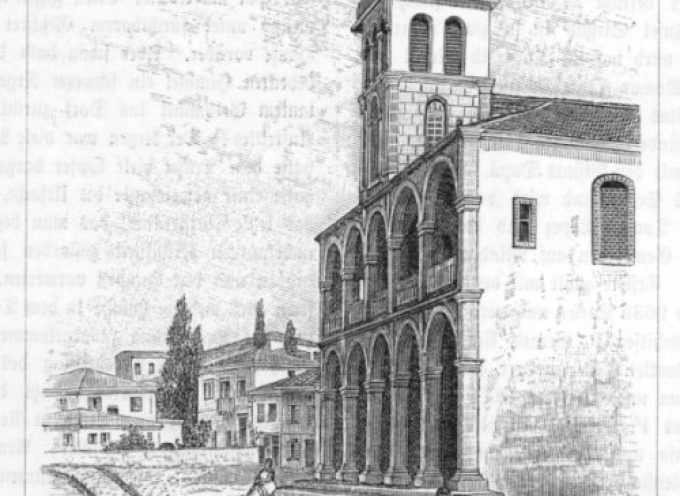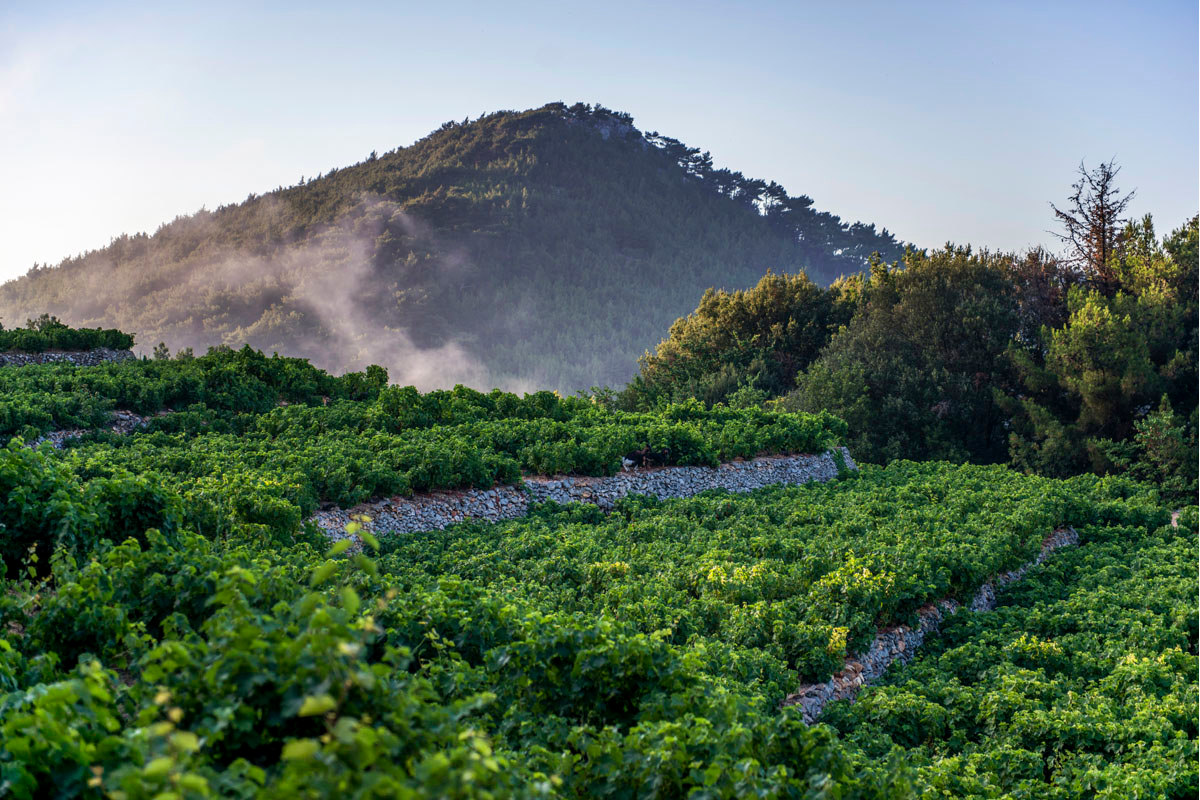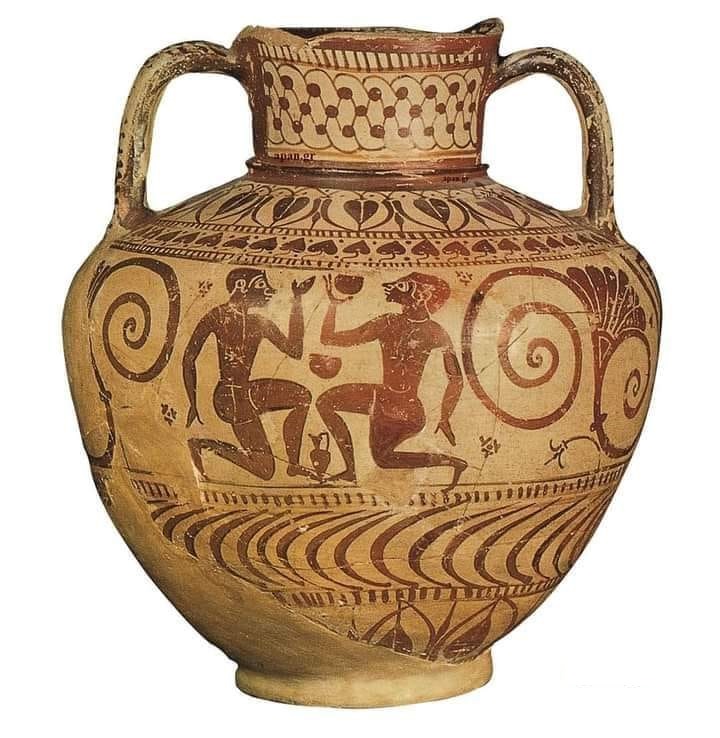The lifting of “Compulsory law” and the impact on the production of Samian wine

The lifting of “Compulsory law” of the Union of Winemaking Agricultural Cooperatives of Samos was imposed by Joint Ministerial Decision 902/51563/27-04-2016. According to it, the Union was transformed into a Primary Organization and was renamed to “United Winemaking Agricultural Cooperative of Samos”. This means that the members of the UWC are no longer the 24 primary cooperatives but the approximately 2,200 vine growers of Samos. This decision brought about changes in both the structure and the operation of UWC Samos. The initial members (winegrowers) were not forced to participate in the new Cooperative, but could choose other marketing solutions for their production.
On the other hand, the new winegrowers did not automatically become members of the Cooperative (as was the case until then) but they submitted an application for admission which was examined by UWC Samos and their acceptance or not, depended on the will of the members of the Cooperative as expressed through the Board of Directors and the General Assembly. As the United Winemaking Agricultural Cooperative of Samos was established, all the members of the primary cooperatives who were active until then were automatically considered members of the new cooperative, with the exception of those who requested their deletion. The producer who has chosen to participate – based on the voted articles of association – is obliged to deliver to the Cooperative all of his production with the exception of a small part, for own consumption. An exception is also provided for some cases of licensed cottage industry.
The Cooperative, for its part, is obliged to receive the entire production of its members. The producer’s commitment upon entry is valid for 6 years with the exception of force majeure. In cases of deletion, the producer does not have the right to apply for readmission until three years have elapsed. On the other hand, the lifting of “Compulsory law” and the change of the existing regime so far led to the liberalization of the vinification and trade of Samian wine. This historic decision enabled every Samian citizen to produce, vinify and trade their own wine.
As a result, several private state-of-the-art wineries were established on Samos. They uniquely highlighted the Samian vineyard aiming at high quality and aesthetic wines, combining technology and know-how with the traditional approach to wine. At the same time, however, they contributed significantly to the recognition and advertising of Samian wine in the local and international wine market. So far, 7 wine producers are active on Samos and it is very likely that there will be more in the future.







